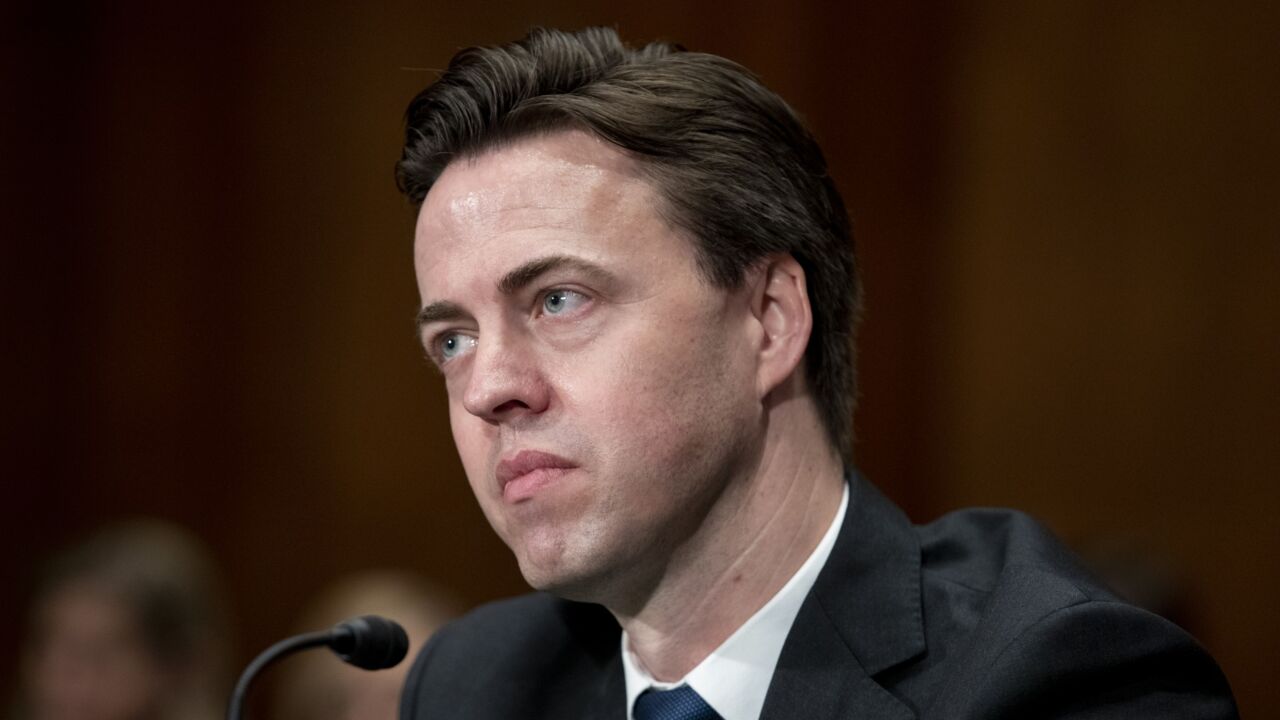- Key insight: Banks can hold and use a blockchain's proprietary tokens to run tests and pay required fees.
- Supporting data: The OCC letter frames this usage as an operational function with mandatory risk testing.
- Forward look: The move opens a path for smoother bank-backed blockchain services.
The Office of the Comptroller of the Currency issued an interpretive letter Tuesday giving banks permission to pay blockchain network fees on behalf of their customers and to hold a small inventory of the networks' primary coin for that purpose.
The OCC's Interpretive Letter 1186 establishes that the national banks it charters may pay blockchain "network fees" as an activity "incidental to the business of banking," and hold limited amounts of cryptocurrencies as principal when necessary to pay those fees or to test otherwise permissible crypto-asset platforms.
"The primary function of nodes, like payments rails, is to validate and settle transactions, with the implicit understanding that such service is done in return for a fee. … Since banks may serve as nodes on distributed ledgers as principal, they may be reasonably expected to receive some amount of crypto-assets as network fees and hold them on balance sheet for some period of time," OCC's Senior Deputy Comptroller and Chief Counsel Adam J. Cohen wrote. "Absent such holdings, a bank may be practically barred from engaging in what is otherwise a legally permissible activity."
Distributed ledgers like blockchains house identical data across many individual computers, known as nodes in crypto parlance. Nodes validate and record transactions. Most networks charge a fee to incentivize nodes to process a user's transaction. That fee usually includes a base charge plus a tip to move the transaction ahead of others, and the price can fluctuate based on demand in the network.
Even if a blockchain supports the processing of many different tokens, blockchains like Ethereum require users to pay network fees exclusively in Ether, or ETH — the chain's primary, or native coin. On Ethereum customers need some ETH coin to make any transaction or use a smart contract or they would be forced to rely on a third-party service to cover the fee. The letter frames network fees as key operational tools for banks that custody, make payments, or conduct other legal crypto activities.
OCC's letter emphasizes technology-neutrality and analogizes native crypto-assets used for fees "have parallels" to historic banking practices like discounting and negotiating promissory notes, drafts, bills of exchange, and other evidences of debt.
"In the early days of the country's banking system, for example, banks acquired, as principal, bank notes issued by other banks in order to facilitate customers' business dealings or travel across states," OCC wrote. "National banks have long provided products such as travelers' checks and letters of credit to facilitate the same."
OCC's letter also established that a bank can use the assets it holds to run testing, including trial transactions, simulated network fee payments in a controlled environment to prove its systems are safe and risks are mitigated before propping up a live system. This arrangement also allows banks to avoid paying third-parties, according to OCC.
"Permitting a bank to test transactions, controls, compliance capabilities, and other functions on such a platform facilitates the activity as it is necessary for its safe and sound operation," the letter states. "Requiring a bank to have a third party provide crypto-assets to the bank for testing may increase costs, expose the bank to heightened operational and counterparty risks, and may limit in practice the likelihood that the bank tests its systems thoroughly."







